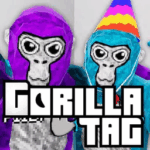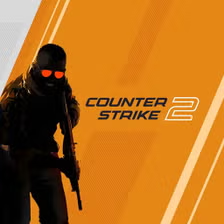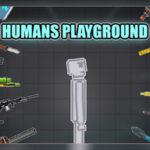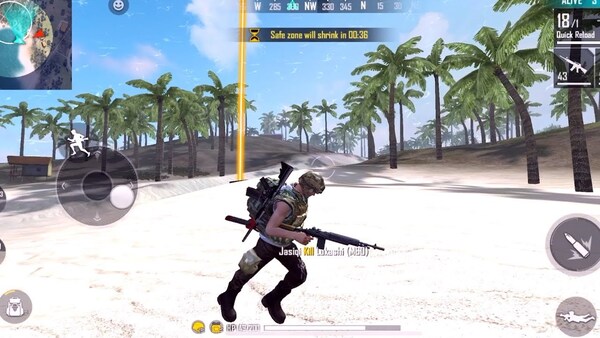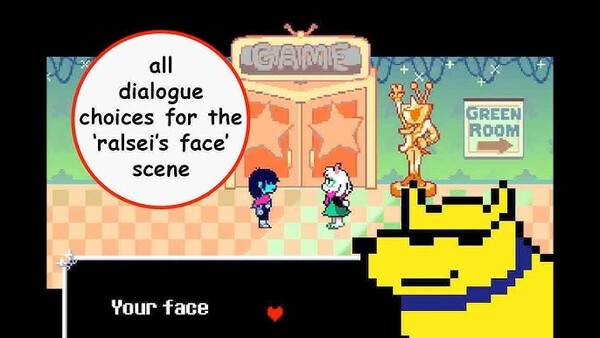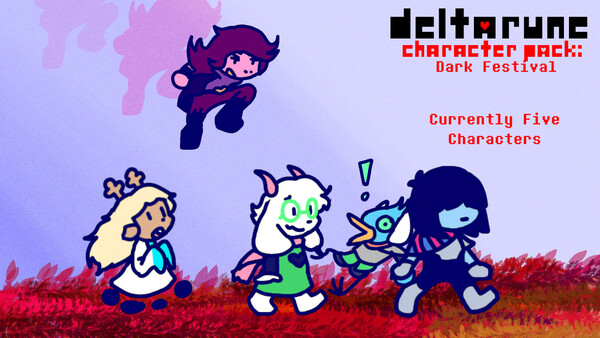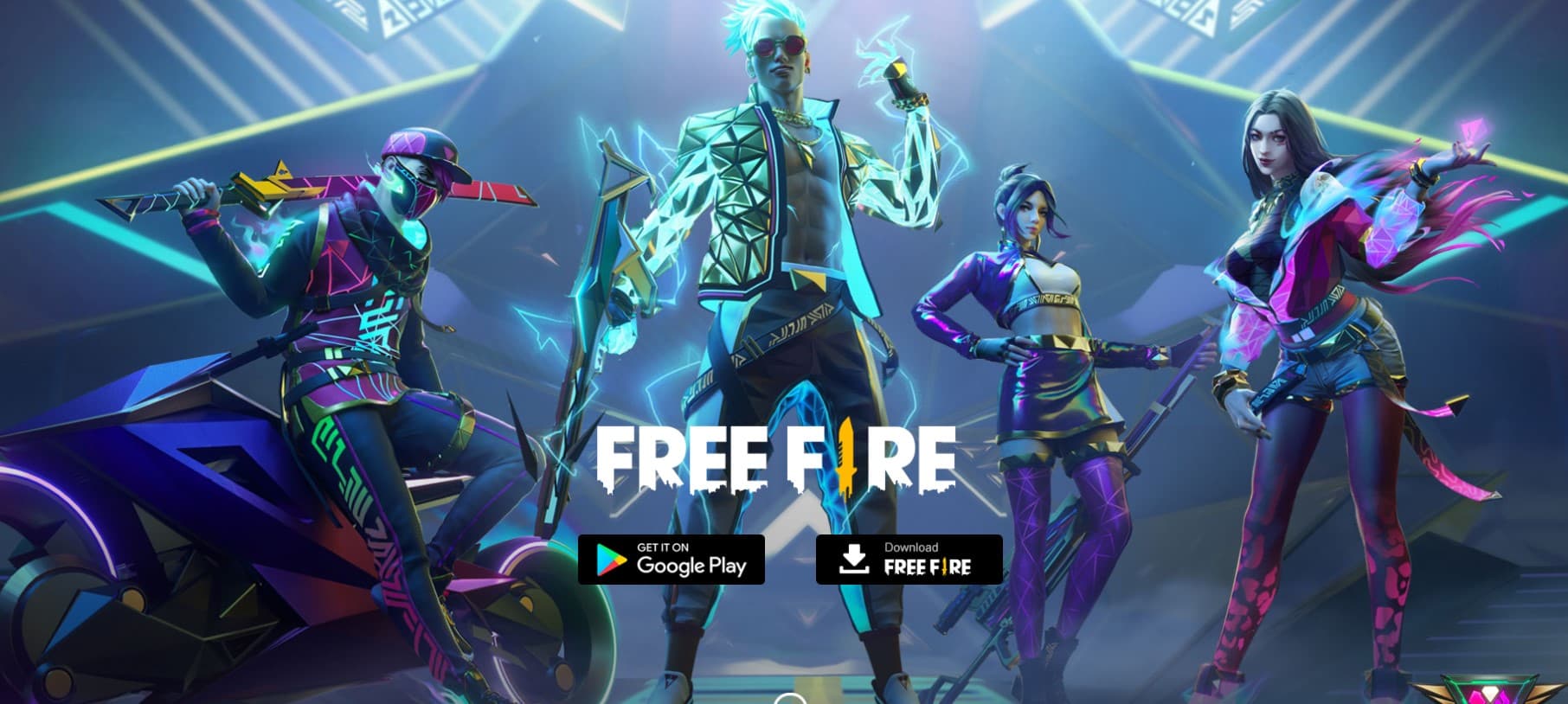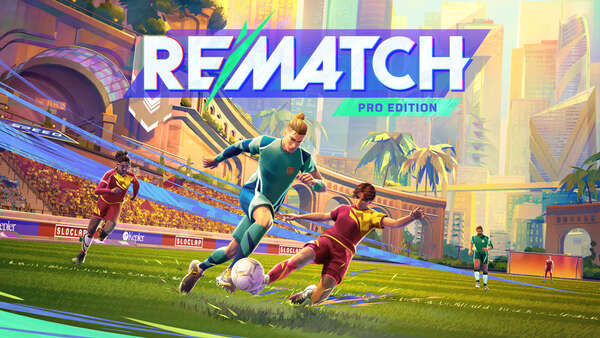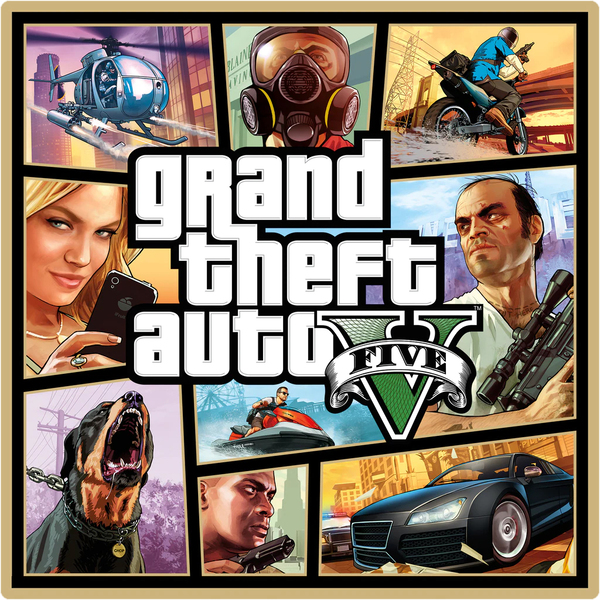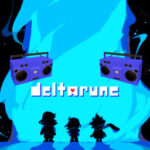When Toby Fox, the creator of the cult-favorite Undertale, released the first chapter of Deltarune as a surprise in 2018, expectations were sky-high. Could this spiritual sequel live up to the magic of its predecessor, or would it merely ride its coattails?
Now, with multiple chapters released and more planned, Deltarune has proven itself as more than just “Undertale 2.” It’s a distinct, emotionally rich experience with its own characters, worldbuilding, and gameplay innovations. This review explores what makes Deltarune a bold continuation of Fox’s vision.
Story and Worldbuilding – Familiar, Yet Fresh
While Deltarune shares visual and thematic DNA with Undertale, it carves out a different tone. You play as Kris, a silent protagonist who’s drawn into a mysterious Dark World along with classmates Susie and Ralsei. What begins as a school detention spirals into an epic journey of prophecy, chaos, and friendship.
The narrative is layered and ambiguous. It hints at connections to Undertale, but it’s intentionally unclear how the two are related. This ambiguity creates a sense of mystery that deepens with each chapter.
The dialogue is witty, heartfelt, and frequently laugh-out-loud funny. Side characters are fully realized, and the main trio’s development—particularly the evolution of Susie from loner to loyal ally—is a highlight.
Characters – Emotionally Rich and Memorable
Toby Fox’s talent for writing lovable, flawed, and hilarious characters remains unmatched. In Deltarune, we meet a whole new cast, with only a few familiar faces from Undertale in different roles.
-
Kris: The silent main character whose choices may not be fully their own.
-
Susie: Initially antagonistic, Susie’s arc into reluctant hero is compelling and emotional.
-
Ralsei: A sweet, rule-abiding mage who believes in hope and harmony.
-
Lancer: A lovable goofball and surprisingly layered minor villain.
Each character feels multidimensional, with arcs that progress naturally and often challenge genre expectations. The chemistry between party members creates both drama and comedy, keeping the story engaging moment to moment.
Deltarune: Combat System – More Complex, Still Creative
The turn-based combat in Deltarune is more mechanically intricate than Undertale’s. Players can now control a full party, each with their own abilities. The game retains its bullet-hell dodging mechanic, where you must avoid enemy attacks during each turn, making battles feel active and strategic.
Key improvements include:
-
A TP (Tension Point) system, encouraging risk-taking and spell use.
-
Varied combat roles—Susie’s brute strength contrasts with Ralsei’s healing magic.
-
Non-lethal and lethal approaches still exist, but the game guides you more toward mercy.
Boss fights are inventive and demand attention, with unique attack patterns and conditions. Some of the most memorable moments come from multi-phase encounters where the music, mechanics, and narrative all collide beautifully.
Deltarune: Graphics and Art Style – Minimalist Charm with Flourish
Deltarune continues the retro pixel-art aesthetic of Undertale, but it’s noticeably more polished. Animations are smoother, battle effects are more detailed, and character expressions are more nuanced, especially in battle.
Despite its lo-fi style, the game conveys deep emotion through small visual choices. From Susie’s smirk to Ralsei’s bounce, everything is purposeful. The environments range from whimsical fantasy castles to tech-infused nightmare worlds, all distinct and richly atmospheric.
Music – Toby Fox’s Best Work Yet
Toby Fox’s musical genius was a major part of Undertale’s success, and he raises the bar even further in Deltarune. Every character, location, and boss has an unforgettable theme.
Highlights include:
-
“Rude Buster” – a fast-paced battle theme with layered instrumentation.
-
“The World Revolving” – a chaotic jazz-inspired track for the fan-favorite boss Jevil.
-
“Field of Hopes and Dreams” – an uplifting overworld theme that encapsulates the game’s tone.
The music dynamically changes based on narrative or combat decisions, enhancing emotional impact. It’s no exaggeration to say Deltarune has one of the best indie soundtracks ever composed.
Deltarune: Pacing and Structure – Episodic Yet Cohesive
Deltarune is being released in chapters, with Chapter 1 and Chapter 2 currently available for free, and more on the way as part of a future paid package. This episodic format allows for tighter storytelling and more elaborate scenarios.
-
Chapter 1 introduces the world and characters with a traditional fantasy adventure structure.
-
Chapter 2 flips expectations, introducing darker themes, new mechanics, and even more branching character interactions.
This structure keeps the experience digestible while teasing long-term narrative payoffs. It also enables each chapter to have a distinct mood, theme, and musical identity.
Deltarune: Themes – Control, Identity, and Duality
One of Deltarune’s most fascinating aspects is its exploration of control. Unlike Undertale, where player choice had dramatic consequences, Deltarune often undercuts your agency. Kris’s mysterious actions between chapters suggest a deeper narrative about autonomy and identity.
This philosophical subtext is never heavy-handed. Instead, it lingers in the background, fueling speculation and enhancing emotional stakes. It’s a testament to Fox’s writing that Deltarune can be both silly and profound—often in the same scene.
Accessibility and Audience Appeal
Despite its complexity, Deltarune remains approachable. The difficulty curve is gentle, and the UI is intuitive. Veterans of classic RPGs will appreciate the turn-based system, while newcomers will be drawn in by the story and humor.
Fans of Undertale will feel right at home, but Deltarune stands alone well enough that new players can jump in without confusion. That said, those who finish both games will find deeper meaning in their thematic parallels and contrasts.
Deltarune: Final Verdict – A Masterpiece in Progress
Toby Fox is crafting something remarkable with Deltarune. It retains the soul of Undertale—its empathy, unpredictability, and musical magic—while growing into a richer, more ambitious narrative experience.
Each chapter feels like a labor of love, packed with surprises, clever writing, and genuine emotional depth. If the rest of the game delivers on the promise of Chapters 1 and 2, Deltarune may stand as one of the defining indie RPGs of the decade.
Rating: 9.5/10
Conclusion – The Journey Has Only Just Begun
Deltarune is not just a continuation—it’s a transformation. It shows what’s possible when a developer takes bold risks without abandoning what made their previous work special. Whether you’re a returning fan or a newcomer, this is one journey worth taking—and we’re only at the beginning.




